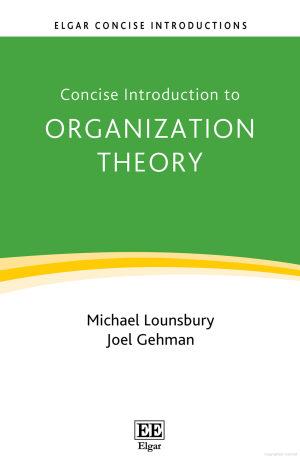Faculty published books this year detailing the dynamics of the housing market, and methods for conducting high-quality and impactful research.
“Research Methodology: Best Practices for Rigorous, Credible, and Impactful Research” by Avram Tucker Distinguished Scholar and Professor of Management Herman Aguinis
In four parts, a book authored by Herman Aguinis, Avram Tucker Distinguished Scholar and professor of management, offered an expert overview of how to conduct research in a book titled “Research Methodology: Best Practices for Rigorous, Credible, and Impactful Research,” released in March 2024. It begins by describing the methodological landscape for research and then walks readers through each step of the research process, from data collection to reporting results. It also includes advice on how researchers can increase the impact of their work. Aguinis has been recognized as one of the world’s 100 most highly-cited and impactful researchers in economics and business. He served as chair of the Department of Management at GW Business, and as president of the Academy of Management. His research and teaching focus on the global acquisition and deployment of talent in organizations and organizational research methods (i.e., behavioral science and data science). His recent publications have delved further into these areas, with insights on corporate social responsibility and workforce diversity.
“Applied Psychology in Talent Management” by Professor Aguinis and University of Colorado Denver Professor Emeritus Wayne F. Cascio
Creating productive and enjoyable work environments is the cornerstone of the ninth edition of “Applied Psychology in Talent Management,” a book co-authored by Professor Herman Aguinis. The book draws from psychological theories to offer an in-depth discussion and analysis of talent management and its relationship with firm performance. It includes topics such as diversity, equity and inclusion, artificial intelligence, globalization, and human resource and workforce development strategy. This is a majorly updated and expanded edition of a classic book that has been translated into several languages and used by hundreds of business schools around the world since its first edition was published in 1978.
“When Housing Markets Meet Shadow Banking: Bubbles, Mortgages, Securitization, and Fintech” by University of Macau Professor in Finance Rose Neng Lai, and GW School of Business Oliver Carr Chair in Real Estate and Professor of Finance and Economics Robert Van Order
Shadow banks and their role in the housing markets of the United States and China is the focus of a book co-authored by Robert Van Order, Oliver Carr Chair in real estate, and professor of finance and economics. The book, released in April 2024, is titled “When Housing Markets Meet Shadow Banking: Bubbles, Mortgages, Securitization, and Fintech.” It compares the evolution of mortgage markets in the United States and China, and how they have led to different outcomes in terms of stability and efficiency in the two countries. Recommended for practitioners, researchers and general readers with interest in the intersection of banking, finance and real estate, the book also provides perspective about recent events such as the COVID-19 pandemic and the emergence of securitization and financial technology, or “fintech,” and their influence on the housing markets.
“Concise Introduction to Organization Theory: From Ontological Differences to Robust Identities” by Thaddeus A. Lindner and Sergius Gambal Professor of Business Ethics and Professor of Strategic Management and Public Policy Joel Gehman, and University of Alberta Professor of Strategy, Entrepreneurship and Management Michael Lounsbury
Exploring the field of organizational theory, this book, released in May 2024, offers readers an overview of the debates that are defining its parameters. Scholars and practitioners in the field, including co-author Joel Gehman, Lindner-Gambal Professor of Business Ethics, outline the rationalist, pragmatic and co-constitutive theories of organizational studies within the framework of the philosophical traditions that have formed them. The authors provide a lens through which scholars can shape their contributions to the field from a practical and theoretical basis. The book, “Concise Introduction to Organization Theory,” has been hailed for being comprehensive and is aimed at both established scholars and doctoral students alike.






